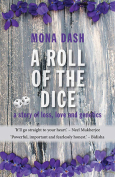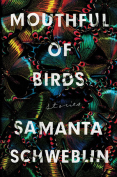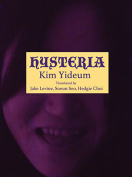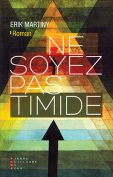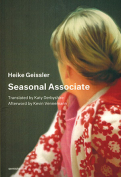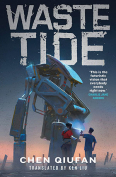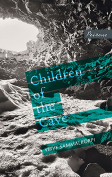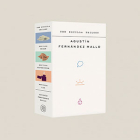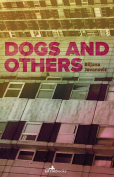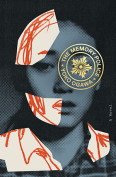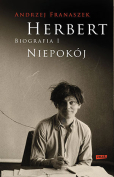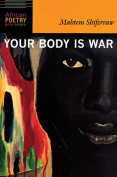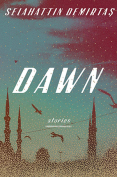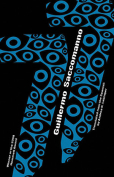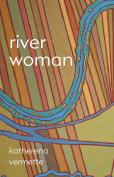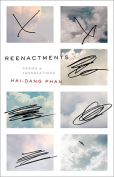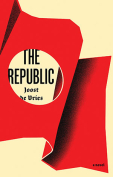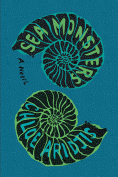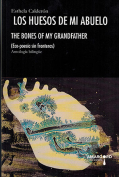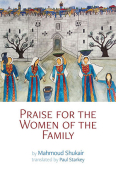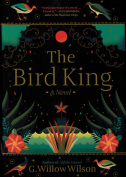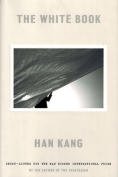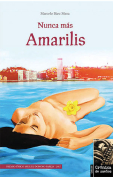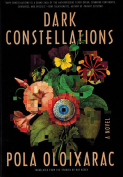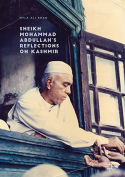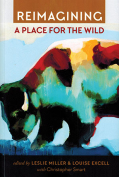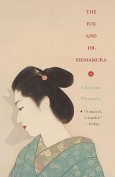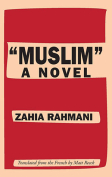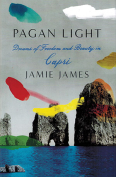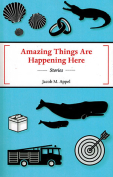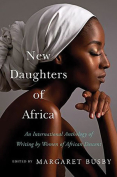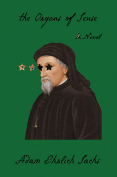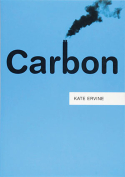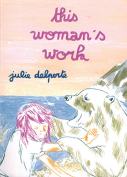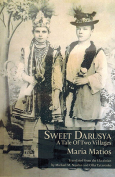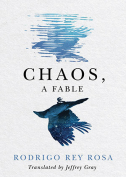River Woman by Katherena Vermette
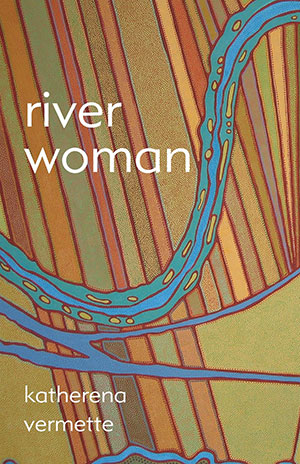 Toronto. House of Anansi Press. 2018. 112 pages.
Toronto. House of Anansi Press. 2018. 112 pages.
River Woman—profoundly personal, politically charged, playful and burning with love and loss—is a brilliant poetic work by Governor General’s award-winning novelist and poet Katherena Vermette. Her poetry spotlights and rejoices in the multilayered façades of love through postcolonial action. The opening section of River Woman defines love as the vigor of retrieval and repair in occasions of trauma in every era. In this collection, Vermette transports her readers into another world and tries to reveal the secrets of the in-depth reality of the universe. River Woman showcases Vermette’s distinguished and gifted narrative: a quiet whisper that turns into a roar; sparse words loaded with meaning.
This compact collection consists of a series of imagistic poems that are challenging to comprehend. Vermette’s trope of the river throughout the collection assembles the maternal spirit within the verses to enhance their universality. She repeatedly displays the image of a river to distinguish the narration of the poems by amalgamating her personal experiences and aboriginal history in a dynamic and versatile technique that reflects more than just words on the page.
Moreover, River Woman delineates Vermette’s relationship with nature as artistically portrayed through her elegant style. Vermette is able to depict the timelessness of nature along with its beauty, power, and destructiveness and how it affects the life and history of mankind. Through her poetic expressions that demonstrate her ardent and keen observations of the environment, the author tries to negotiate the balance between man-made urban structures and the natural world.
Thematically, the book deals with history, cultural bargaining, heritage, trauma, love, loss, and the poet’s Métis background along with the duality and harmony she feels around these themes. The first part of this lively collection contains the poet’s approach toward emotionally but largely uncontroversial themed works, while in the second part Vermette deals with political aspects. In the poem “new year’s eve 2013,” she writes: “they say all people are equal / who cannot agree / I say I will believe it / when prison and poverty rates are the same / when thousands of your women disappear / and you do nothing.”
River Woman is embedded in a vivid sense of place. Throughout the collection, the extremes of brokenness and resilience are grounded metaphorically in the discovery of love and in confronting the wounds of colonization.
Muhammad Imran
Shanghai Jiao Tong University
